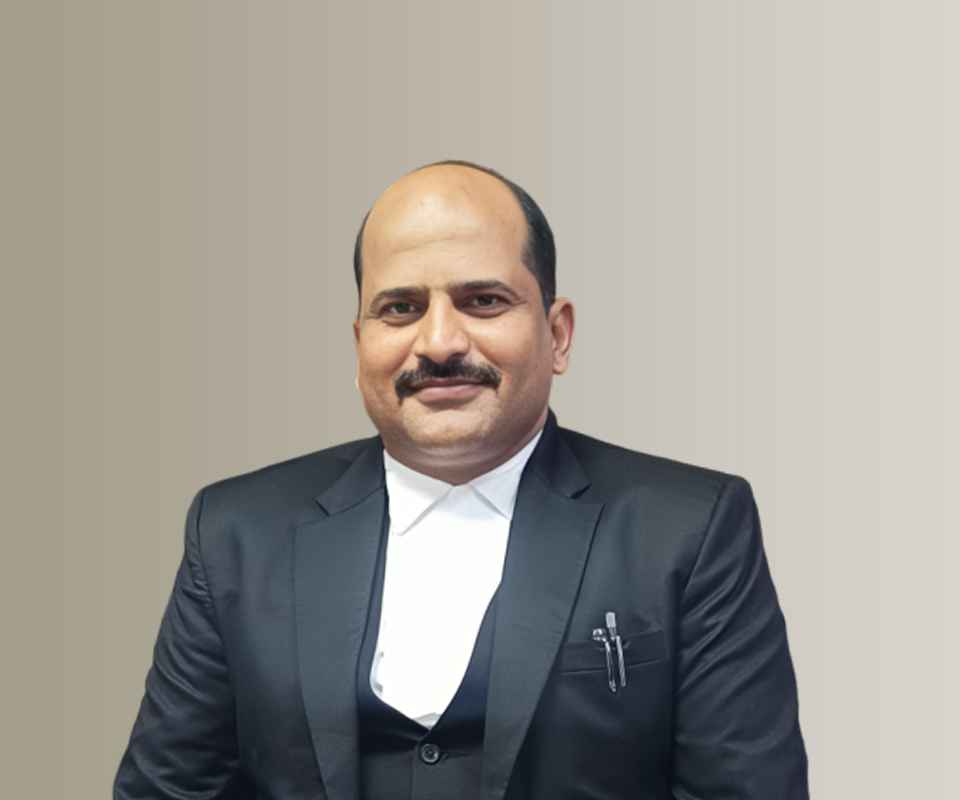Answer By law4u team
A handwritten will, also known as a holographic will, can indeed hold legal validity in Indian courts under specific conditions, provided that the will adheres to the requirements outlined in the Indian Succession Act, 1925. While it is not as commonly used as a formally typed will, a handwritten will can still be legally enforceable if the testator’s intent is clearly evident and all necessary formalities are fulfilled.
Conditions for Legal Validity of a Handwritten Will:
Testator's Signature:
The will must be signed by the testator (the person making the will). The signature is a critical element as it demonstrates the testator’s intent to execute the will and confirms that the will was created by the testator voluntarily. Without the testator’s signature, the will cannot be considered valid.
Testamentary Intent:
The handwritten will must reflect a clear testamentary intent, meaning the will must explicitly indicate the intention of the testator to distribute their assets after death. The language used should leave no ambiguity regarding the testator’s wishes.
Writing by the Testator:
In order for a will to be considered holographic (and valid), it must be entirely written by the testator. This means that the will must be handwritten by the testator themselves; it cannot be typed or printed by someone else. The law requires that the testator has personally written the document to ensure authenticity and avoid disputes regarding its origin.
Witnesses:
Under the Indian Succession Act, a holographic will does not necessarily require witnesses to be valid. However, the absence of witnesses may create challenges during probate or if there is any dispute. Although witnesses are not required, it is highly recommended to have witnesses sign the will to avoid complications later, especially if there is a need to prove its authenticity in court.
Mental Capacity:
The testator must have testamentary capacity, meaning they must be of sound mind at the time the will is written. If there is any doubt about the mental state of the testator, such as signs of dementia or lack of understanding, the validity of the will could be contested. A handwritten will created while the testator was not of sound mind may not hold legal validity.
No Undue Influence:
The will must be made voluntarily, without any undue influence, coercion, or fraud. If a person can prove that the testator was coerced or manipulated into writing the will, it may be deemed invalid.
Compliance with Other Legal Formalities:
While a holographic will does not require witnesses under the Indian Succession Act, if the will does not meet the formal requirements or there are doubts about the testator’s intentions, the court may require additional evidence. This could include handwriting verification, and in some cases, probate (the legal process for proving a will’s validity in court) may be necessary.
Probate of Handwritten Wills:
Even if a handwritten will is valid, it must go through the probate process for its provisions to be legally executed. Probate is the court procedure that confirms the will's authenticity and gives the executor the authority to carry out the will’s instructions. If a handwritten will is contested, the court may require additional documentation or expert testimony to authenticate the handwriting or prove the testator’s intent.
Example:
If an individual writes a will on a piece of paper without typing it, detailing how they wish to distribute their property after death, and signs it, this will can be considered a valid holographic will in India. However, if any family members contest the will after the testator’s death, they may argue the will’s authenticity, and the court could require handwriting analysis or other evidence to prove that the testator indeed wrote it.
Conclusion:
A handwritten will (holographic will) can hold legal validity in India if it meets the necessary conditions, such as being signed by the testator, reflecting their clear testamentary intent, and, ideally, being witnessed (although not a legal requirement under Indian law). However, the absence of formalities like witnesses or the possibility of challenges may make the probate process more complex. To avoid disputes and ensure that the will is executed as intended, it is advisable for individuals to consult a legal professional when drafting a will, even if it is handwritten.







